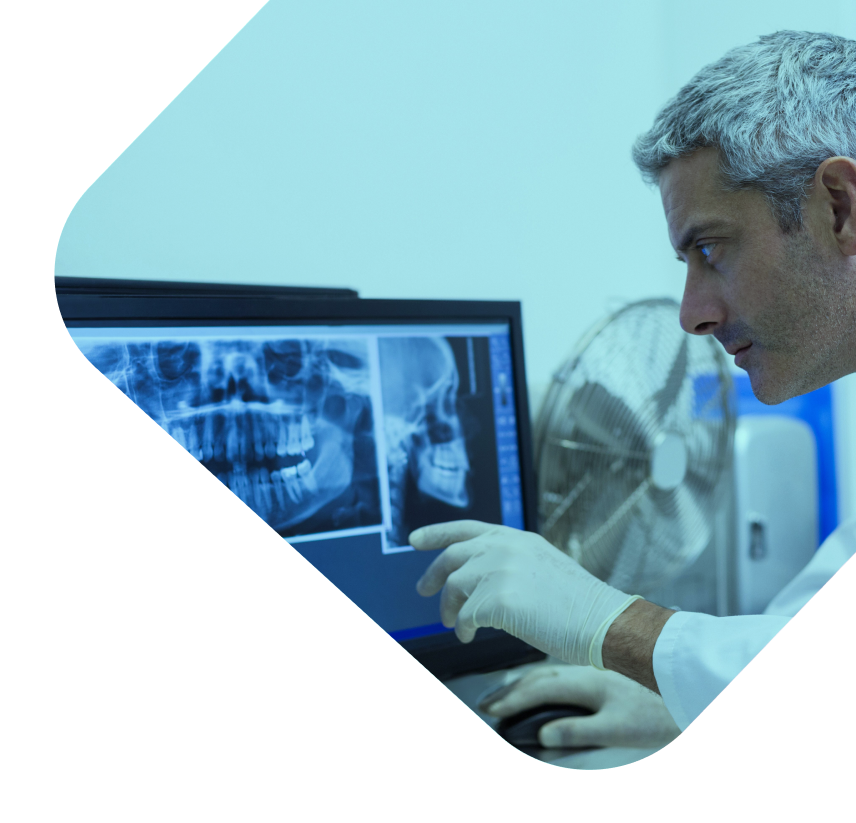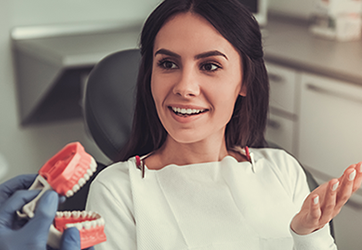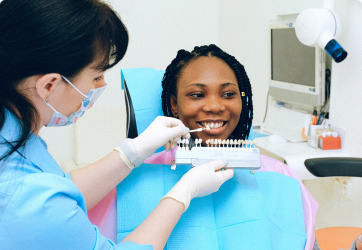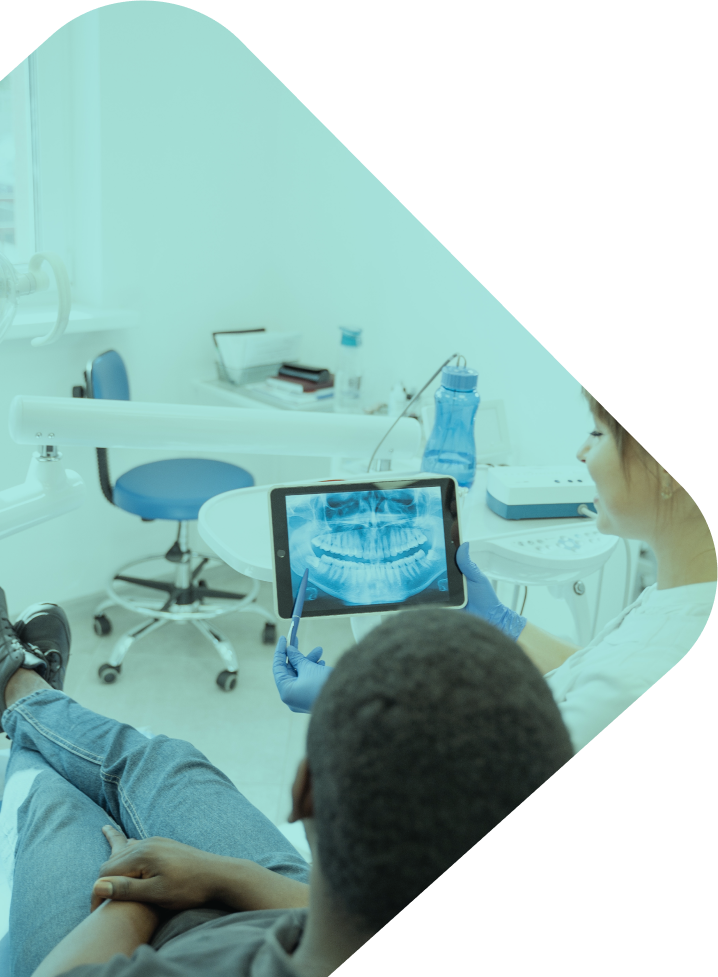
Why Are X-Rays Necessary?
The process enables your dentist to safely and accurately identify and treat hidden dental issues that would otherwise go undetected until more substantial treatment becomes necessary.
Some of the specific areas that dentists target with x-rays include:
- X-rays help dentists check your cavities and determine the extent of the decay.
- Some x-ray machines can scan up to the root of your tooth. Therefore they can help diagnose the presence of cysts, abscesses, and any other underlying issue
- X-rays can also help your dental hygienist identify the extent of bone loss due to prenominal dental diseases such as cancerous and non-cancerous tumors.
- The dentist can also identify congenitally missing and impacted teeth like wisdom teeth.
You will have your dental x-ray results immediately in cases of a digital machine. When the images come out, your dentist will go through them to detect any of the abnormalities mentioned above.
They will recommend and discuss treatment options with you depending on the extent of the anomalies they notice. Sometimes they will find no problems and will commend you for the exceptional hygiene standards you keep.
Do I Need to Prepare for Dental X-Rays?
There is no standard recommended procedure on how you need to prepare for your x-ray procedure. You only need to properly brush your teeth before the visit to provide a pleasant environment for the specialist working in your mouth.
Once you are at the dentist’s premises, they will direct you on what to do, from positioning yourself on the chair to assisting in taking the image. At some point, the dentists will recommend breaks along with the procedure.There are two main kinds of x-ray processes that you might undergo intraoral and extraoral.
The former is the most common procedure and involves five techniques, Bitewing, occlusal, panoramic, and periapical. Your dentist might use the extraoral x-ray only when he or she anticipates problems on the outside of your gums and teeth. Such issues might be in areas such as the jaw.

How Often Should You Take Dental X-Rays?
The number of times you need to have dental x-rays depend on your dental health needs. As a result, your dentist will evaluate your needs and prescribe an x-rays schedule that suits you.
If you are new to the facility, the hygienist might recommend a full mouth series of x-rays, which takes between three to five years. It will help him//her assess the state of your oral dental health and use the report as a baseline for subsequent schedules.
As you continue to honor your x-ray timetable, the number of X-rays you need will reduce with time.
In between the full mouth series, the dentist might recommend bite-wing x-rays once or twice per year. It is a recall check-up that involves your top and bottom teeth biting together to detect any occurrence of gum diseases or decay.
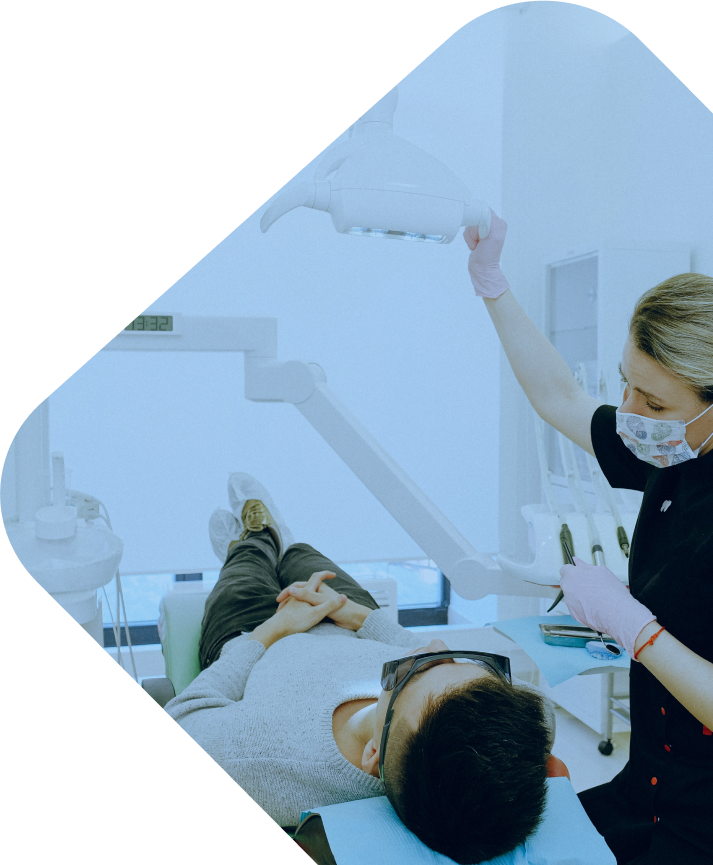
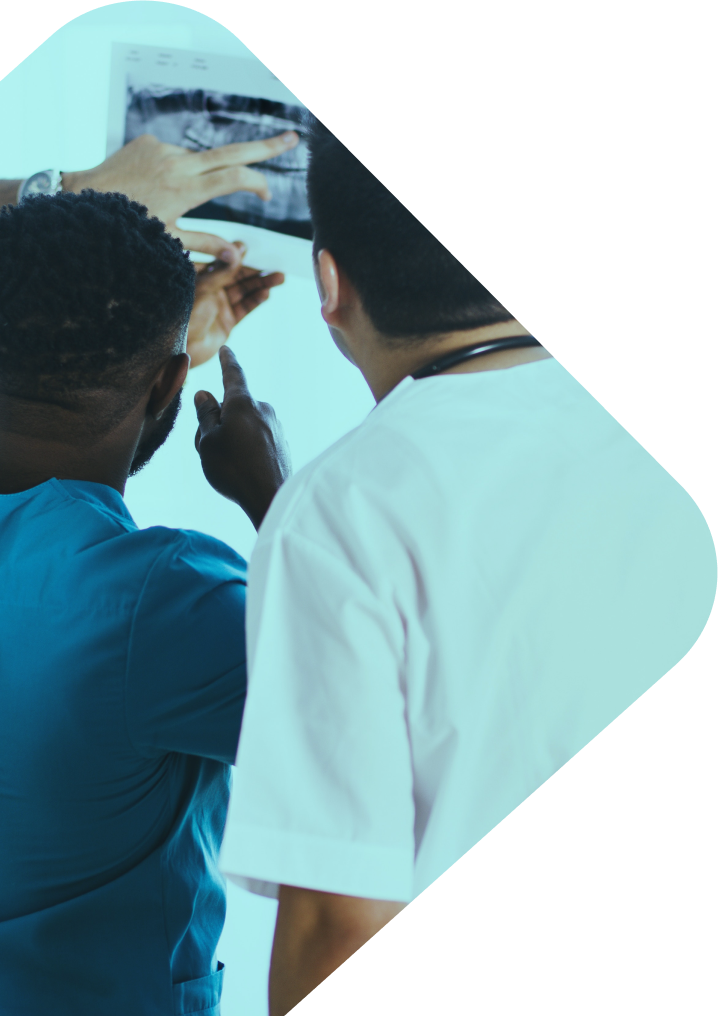
Is the Process of Dental X-Ray Safe?
The design of X-ray machines and other devices used for dental radiographs ensures that they minimize radiation. The extent of radiation exposure in a full mouth series is equivalent to whatever you expose yourself to with the natural sources. Therefore, it is right to judge the dental x-ray procedure to be safe.
You do not need to fear that dental hygienists take maximum precautions to limit this exposure when using the machines. Some of the precautions include using protective gear like aprons to protect the body from exposure.
Always insist on the apron, especially if you are a pregnant or breastfeeding mother. They also use modern fast film, which is known to cut the exposure period.

